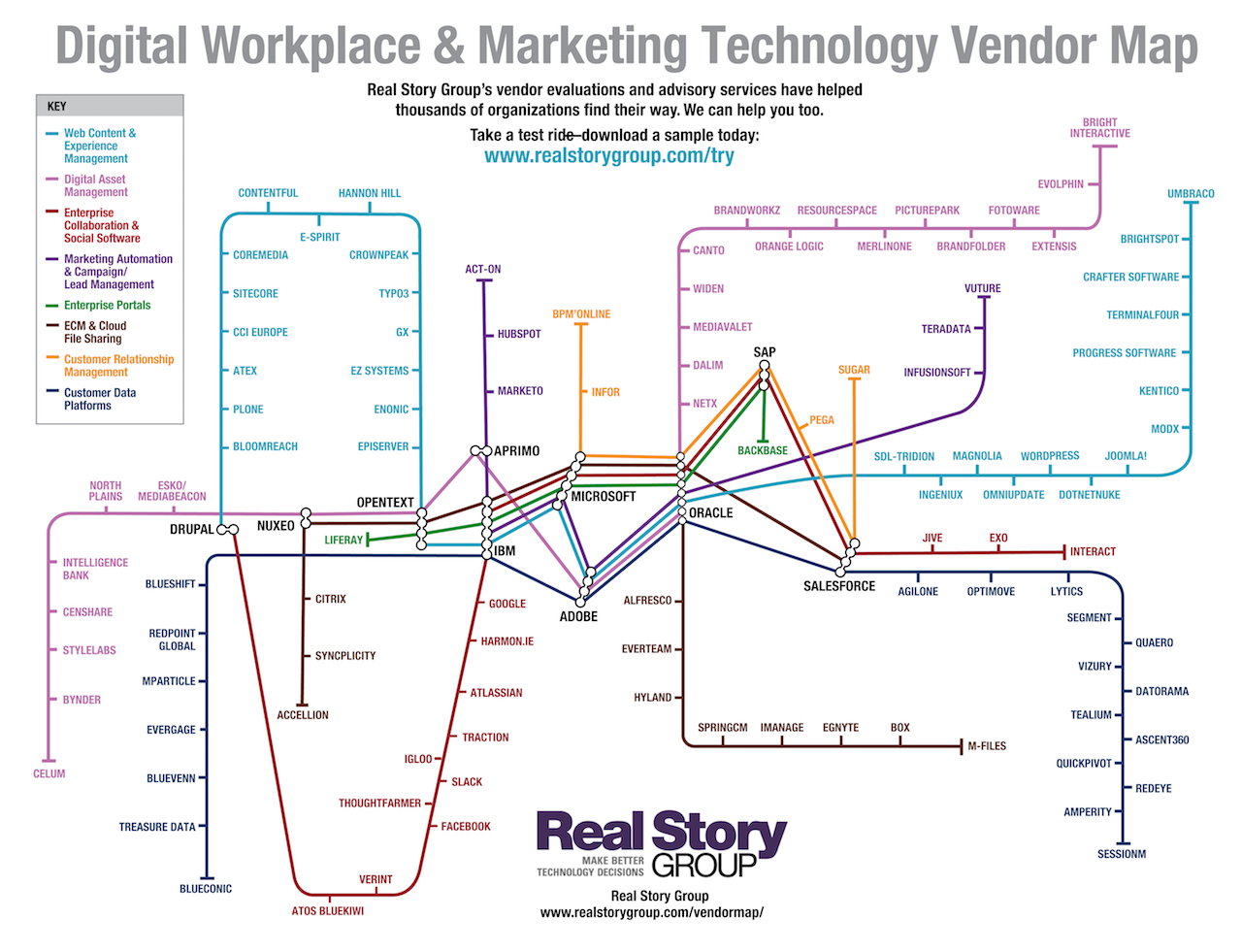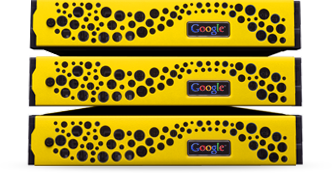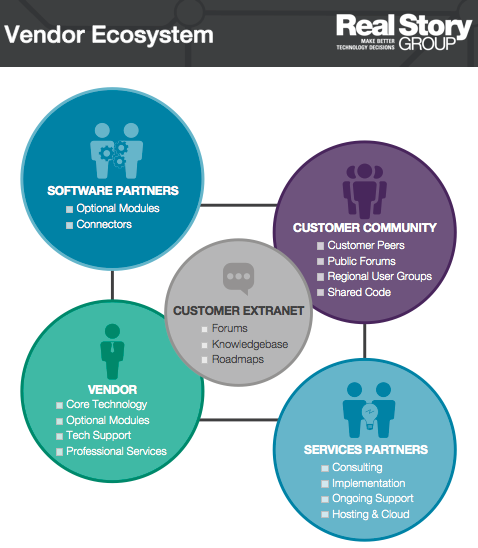Social Computing and Unified Communications -- coming together?
I participated in an interesting panel yesterday at the Interop 2009 conference, "Unified Communications Meets Enterprise 2.0 - Social Computing Love Fest or Battle Royale?," moderated by Eric Krapf and Steve Wylie of TechWeb. Co-panelists were Mike Bergelson, Director, Strategy at Cisco, and Yoshi Maisami, Cofounder of Intridea, a consulting firm that markets a new enterprise micro-blogging tool that competes with Yammer.
Generally I'm not a big fan of "convergence" predictions, but I do see a bright future in the confluence of Social Computing and Unified Communications (UC). As we detail in our enterprise social software research, nearly all major collaboration and social platforms assume a principally text-only world in the enterprise. This is short-sighted (especially, as my friend Martin White frequently points out, beyond North America). Also, the major UC vendors have done a better job of integrating with incumbent line-of-business applications than social software vendors, who could learn a thing or two about socializing existing applications rather than creating new silos of social or collaborative information.
And integration potential is where, I think, Instant Messaging (IM) still has a leg up over micro-blogging (a.k.a., social messaging) within the enterprise. But of course, micro-blogging is hot, and for good reason. So it's no wonder that entrepreneur Maisami declared incredulously that his start-up's real competition comes from SAP and IBM, rather than the likes of Yammer. Enthusiasm is good, but folks, there are an awful lot of very young vendors out there. As a customer, go in with your eyes wide open.
But does that mean the big boys will ultimately win this fight? The panel had a great debate about industry consolidation. I counseled against assuming meaningful industry consolidation (where products actually disappear) in the near-term. Several people disagreed, suggesting that MOGI -- Microsoft, Oracle, Google, IBM -- will rule the Enterprise 2.0 world. Well, maybe, in a decade. In the meantime, if you have solid business objectives around social computing and collaboration, best to examine the wider field. (BTW, if you want to include SAP, Open Text, and EMC among those titans, then do you end up with the dreaded SMOOGIE-man?)
As an aside, I met an enterprise intranet manager who had very good results with Google's Search Appliance for parsing "regular" web pages as well as all their emergent social content (especially internal blogs and wikis) as a single corpus. In our enterprise search evaluations, we describe Google's manifold shortcomings with incorporating content from traditional enterprise applications like document and records management systems. But the appliance clearly does have potential for "social" search scenarios, where the goal is to expose and integrate user-generated or collaborative content. (Just remember that SharePoint integration still remains a bugaboo for Google.)
Anyway, Interop was a great show, and we're looking forward to continuing this conversation at the Enterprise 2.0 conference in Boston next month.







